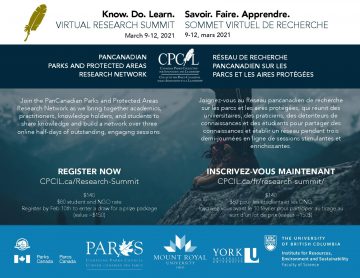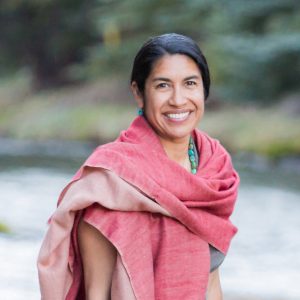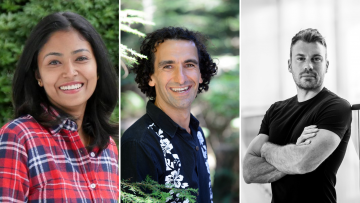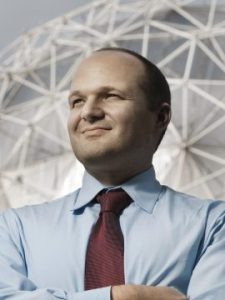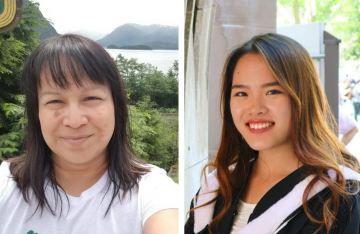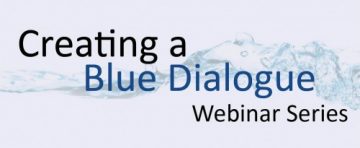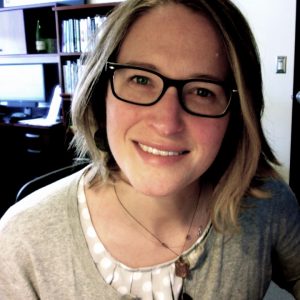March 9-21: Parks and Protected Areas Research Network Virtual Research Summit
Hosted by Canadian Parks Collective for Innovation and Leadership (CPCIL), the Virtual Research Summit will bring together “Knowers” (scholars/knowledge keepers), “Doers” (practitioners), and “Learners” (students, new hires) from across the country to make personal connections and build a network of passionate individuals in the parks and protected areas field.
March 11, 2021: IRES Faculty Seminar with Erika Zavaleta
The practice of conservation science includes what we choose to study towards what goals, as well as whom we choose to work with, how we influence our organizations, and how we use science to hone our teaching and to advance justice in our field.
March 4, 2021: IRES Professional Development Seminar with Helina Jolly, Simon Donner, and Mark Cembrowski
This seminar hopes to bring together perspectives from people at different career stages within academia, and kick-start conversations around expectations, limitations, and strategies to strive for.
Feb 26: CIC YPN: In Conversation with UN Special Rapporteur on Human Rights and the Environment
To help us understand the issues around global climate action, the CIC Young Professionals Network is being joined by Dr. Boyd who will speak to attendees on the connections between combatting climate change and human rights.
February 25, 2021: IRES Faculty Seminar with Andrew Baron
Implicit bias has many pernicious effects on behavior including affecting hiring and voting decisions, and even treatment recommendations by medical professionals. Moreover, research shows that this form of bias is notoriously difficult to change in adults, underscoring the need to identify its roots in development.
Feb 18, 2021: BC Cleantech Awards
Dr. Hannah Wittman is a BC Cleantech Awards Finalist, nominated in the category of Top Educator in recognition of her teaching efforts surrounding a transition to a green economy.
February 18, 2021: No Seminar Due to Mid-Term Break
There will be no seminar on Thursday, February 18 due to Mid-Term Break (February 15-19).
February 11, 2021: IRES Student Seminar with Joanne Nelson and Kyoko Adachi
February 11, 2021: IRES Student Seminar with Joanne Nelson and Kyoko Adachi
Feb 4, 2021: Second Annual Water Research Roundup
Virtual Webinar: The webinar will feature a panel of student researchers working on topics related to freshwater governance, including stewardship, protection, and Indigenous laws and ways of knowing. This is the second annual “Water Research Roundup” offered as part of POLIS’ Creating a Blue Dialogue webinar series.
February 4, 2021: IRES Faculty Seminar with Mary Collins
Analyzing the relationship between employment and toxic emissions at over 25,000 US manufacturing facilities between 1998 to 2012 demonstrates that significant reductions in toxic pollution can be achieved while avoiding equivalent effects on employment.
